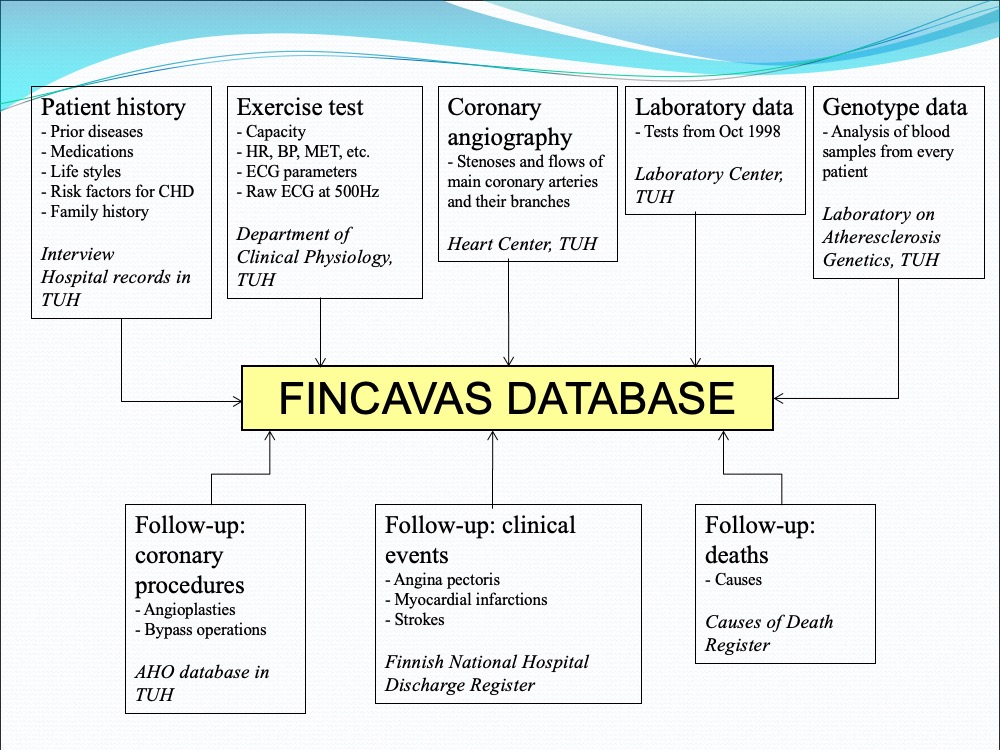Group’s interests
Physiological Measurements Systems and Methods (Physm) Group researches and develops novel methods and systems for measuring physiological parameters. Our main interest is on the developing more accurate and well-aimed measurements and analysis methods for the detection of cardiopulmonary diseases. Applications are for hospital and health center use but also for outpatients.
Pulmonary ventilation by impedance pneumography
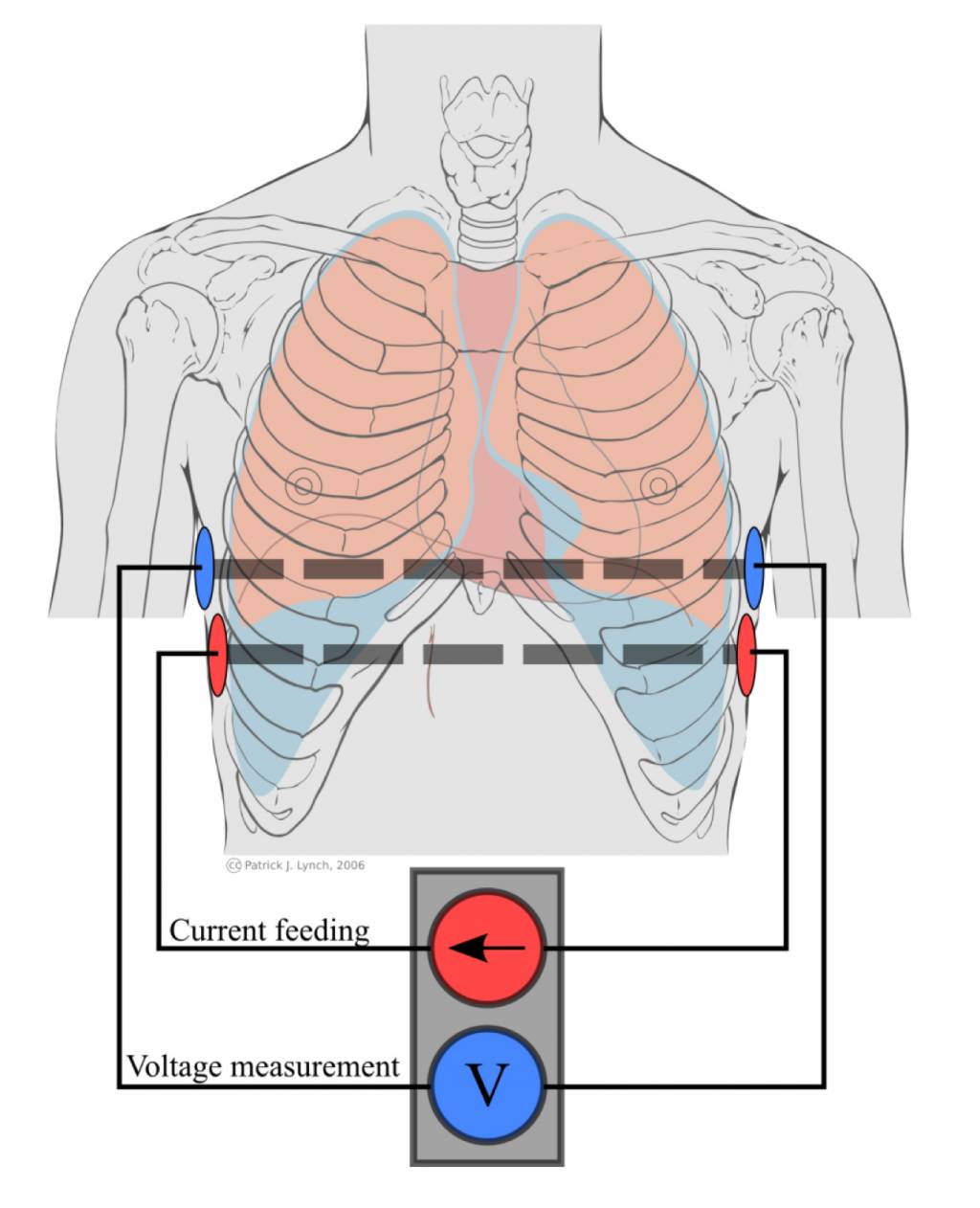
We have developed a novel method based on of impedance pneumography (IP), which provide a completely new opportunity to evaluate respiratory symptoms and disease especially with children and infants. We have evaluated the IP method in the detection and management of childhood asthma together with Tampere University Hospital and Helsinki University Hospital. Finnish healthcare company Revenio has commercialized the innovations having exclusive licenses for our patents.
Wound monitoring by bioimpedance measurement
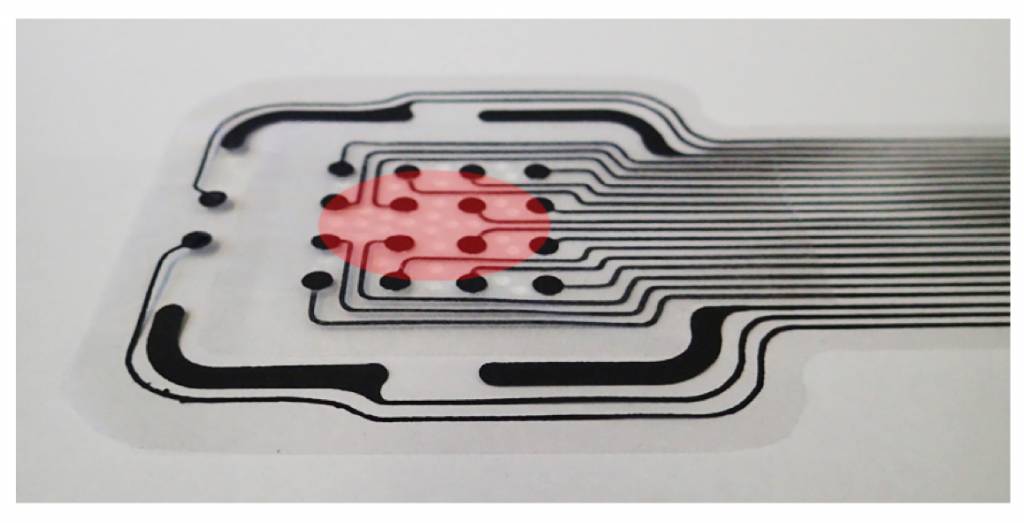
The Physm group has also developed the bioimpedance-based method for the assessment and treatment of hard-to-heal wounds, especially venous ulcers. The developed wound dressing having several small electrodes has been tested with chronic ulcer patients in Tampere University Hospital. Currently, the spin-off company CutoSense has a commercialization process in progress concerning the group’s innovations for a long-term monitoring of chronic wounds.
Myocardial ischemia detection by ST/HR Hysteresis
The group has also developed a novel parameter, ST/HR hysteresis, for the detection of myocardial ischemia during the clinical exercise test. The ST/HR hysteresis method is implemented on the exercise ECG workstation (CardioSoft™ Diagnostic System) manufactured by the market leader GE Healthcare.
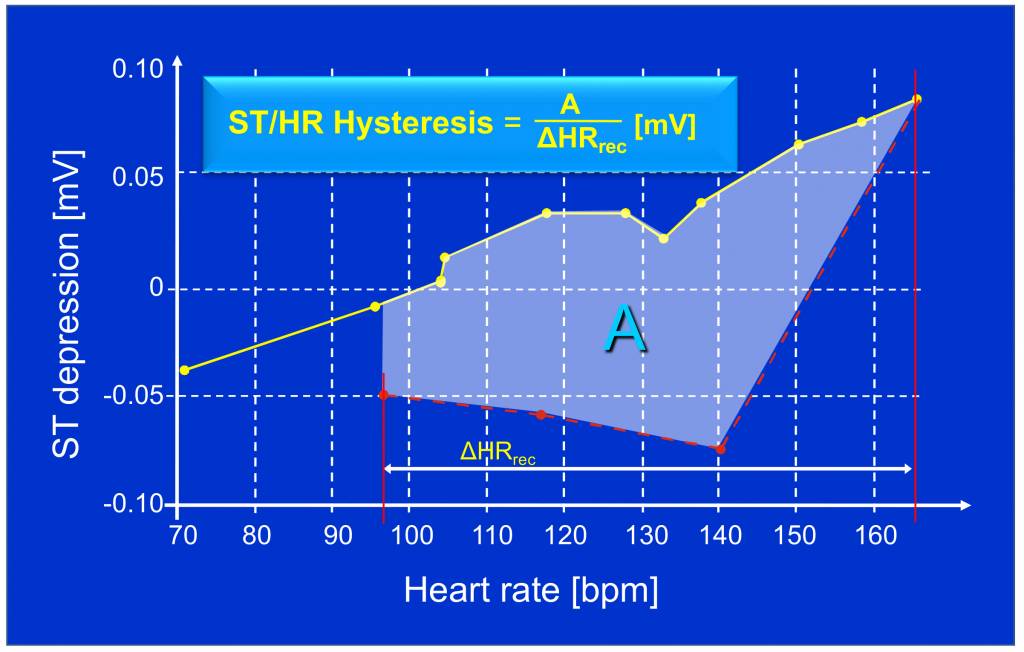
Other activities
In addition to measurement in hospital environment, we have made several projects with outpatients in working environment as well as during leisure time. The aims in those studies have been in the evaluation of changes in physiological and psychological effects arising from specific intervention. The main measuring method has been ECG and the heart rate variability parameters have used in the research.
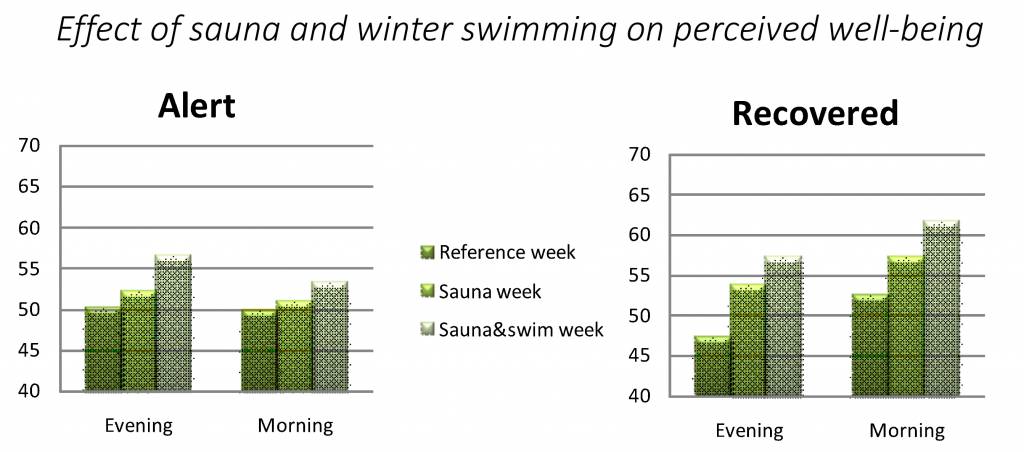
FINCAVAS Study
Finnish Cardiovascular Study (FINCAVAS) was launched at end of 2001. All patients scheduled for an exercise stress test at Tampere University Hospital and willing to participate have been recruited between October 2001 and December 2008. The final number of cases is more than 5000. Technically successful data on exercise tests using a bicycle ergometer have been collected of 4430 individual participants. Digital high-resolution ECG at 500 Hz is recorded continuously during the entire exercise test, including the resting and recovery phases. About 20% of the patients are examined with coronary angiography. FINCAVAS compiles an extensive set of data on patient history, genetic variation, cardiovascular parameters, ECG markers as well as follow-up data on clinical events, hospitalisations and deaths (Figure 1).
